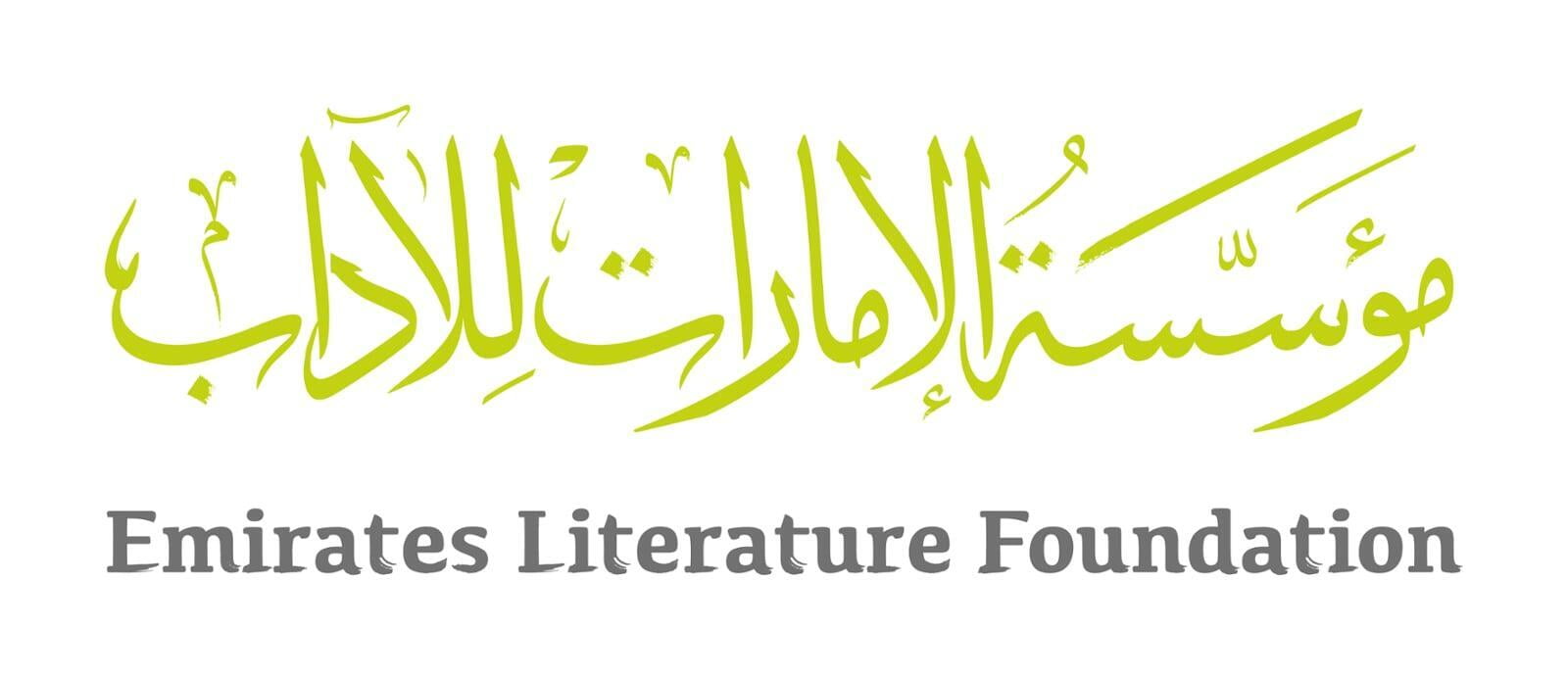Head of Communications Sam AlHashimi shares her thoughts on film adaptations of books “The book is always better than the movie”- a divisive statement any way you look at it. What is the intrigue, then, of watching the film version of the book you’ve just read? And why do I find it so irresistible? The fun is in the comparison. I (usually) read the book first, paint the images in my own brushstrokes then dutifully watch the film upon its release to compare notes. How did the director envision the characters, the location, and the overall mise-en-scene? How did the costume designer dress the protagonist and what soundtrack did they go with? It’s no easy feat bringing words to life and I always enter the theatre with an open mind, driven mainly by curiosity and a touch of excitement, yet resigned to the fact that imagination is individual. The difference between the very personal relationship the reader has with the writer versus the relationships among the writer and the entire film crew - from director to producer to actor to make-up artist - is huge. And what if you see the film before you’ve had the chance to read the book? Will the film taint your experience or enhance it? I found that leaving enough time between the two helps separate the experiences. However, I can’t help myself when reading certain scenes in the book that may have been cut out of the film - I find a case for how integral the scene was. Uncontrollably, I cherish the written word. Rationally, I understand the difference in the forms of story-telling. Inevitably, I approach it with the will to suspend reality in various forms. The book experience will always be personal, the reader bringing their own history into the plot, projecting their own emotions on the characters and drawing conclusions based on personal experience. In effect, it is subject to the interpretation of the reader, regardless of how talented the writer might be. This highlights the multi-faceted nature of humanity - quirks, flaws, and all. Implying that the more complex the person reading, the more they might elicit from the book. Watching a film is surrendering your imagination to that of the director. Instead of being in the driving seat, you take a step back and observe, captured in the director’s vision. The film becomes a consumable version of the director’s imagination and the viewer is allowed a sneak-peak into the inner workings of it. The limitation here is the method of expression while attempting to successfully share the story. It often leads to a linear approach, resulting in the specific narrative that the director has chosen, their interpretation of the plot.  This weekend, the Emirates Airline Festival of Literature is partnering with the Dubai International Film Festival. The film ‘The Man Who Knew Infinity’ is, of course, based on a book. We will have the unique opportunity to hear both the film director, Matthew Brown, and the author and biographer, Robert Kanigel, discuss the making of the film after the Gala screening, right at our doorstep. It’s not to be missed. The Man Who Knew Infinity screening commences at 18:00 in the Madinat Arena on Saturday 12 December and will be followed by the event at the Madinat Conference Centre, beginning at 20:15. Tickets can be purchased here:https://www.dubaifilmfest.com/
This weekend, the Emirates Airline Festival of Literature is partnering with the Dubai International Film Festival. The film ‘The Man Who Knew Infinity’ is, of course, based on a book. We will have the unique opportunity to hear both the film director, Matthew Brown, and the author and biographer, Robert Kanigel, discuss the making of the film after the Gala screening, right at our doorstep. It’s not to be missed. The Man Who Knew Infinity screening commences at 18:00 in the Madinat Arena on Saturday 12 December and will be followed by the event at the Madinat Conference Centre, beginning at 20:15. Tickets can be purchased here:https://www.dubaifilmfest.com/
 This weekend, the Emirates Airline Festival of Literature is partnering with the Dubai International Film Festival. The film ‘The Man Who Knew Infinity’ is, of course, based on a book. We will have the unique opportunity to hear both the film director, Matthew Brown, and the author and biographer, Robert Kanigel, discuss the making of the film after the Gala screening, right at our doorstep. It’s not to be missed. The Man Who Knew Infinity screening commences at 18:00 in the Madinat Arena on Saturday 12 December and will be followed by the event at the Madinat Conference Centre, beginning at 20:15. Tickets can be purchased here:https://www.dubaifilmfest.com/
This weekend, the Emirates Airline Festival of Literature is partnering with the Dubai International Film Festival. The film ‘The Man Who Knew Infinity’ is, of course, based on a book. We will have the unique opportunity to hear both the film director, Matthew Brown, and the author and biographer, Robert Kanigel, discuss the making of the film after the Gala screening, right at our doorstep. It’s not to be missed. The Man Who Knew Infinity screening commences at 18:00 in the Madinat Arena on Saturday 12 December and will be followed by the event at the Madinat Conference Centre, beginning at 20:15. Tickets can be purchased here:https://www.dubaifilmfest.com/